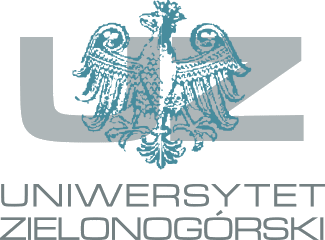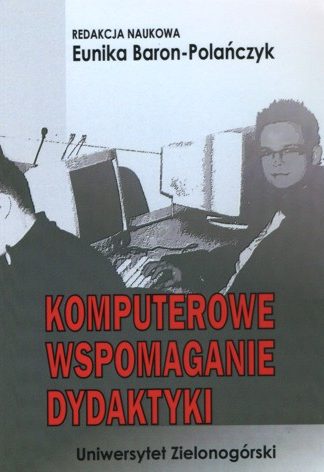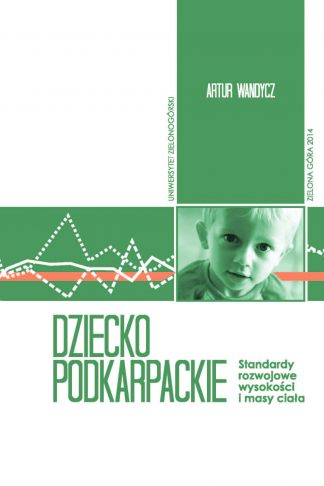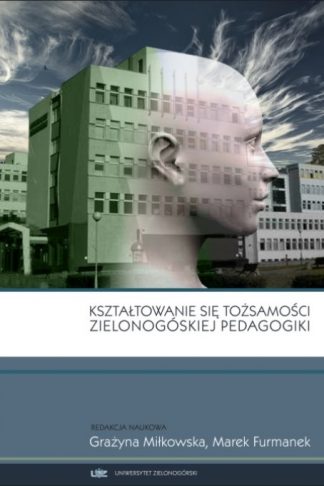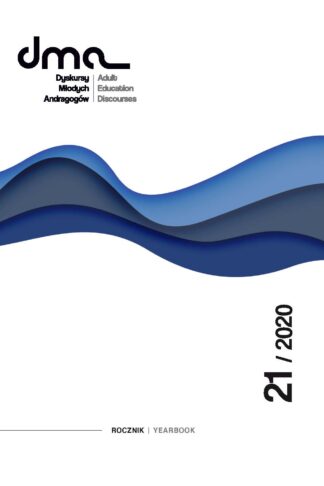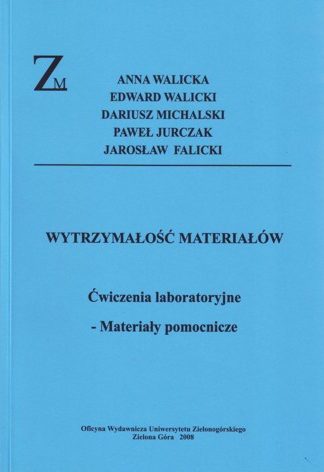Opis
A year ago, while discussing in a Zoom meeting the pitfalls of communication between the researchers from the different countries, institutions and research traditions that we are, and while considering suggestions for generating more satisfying linguistic exchange in discussion, presentations and writing, a colleague noted the difficulty of broaching the ‘national-cultural’ divides between what he referred to as more ‘distant, impersonal’ approaches to researching human life and the more ‘relational’ and ‘empathic’
approach favoured overwhelmingly in our own network, namely, the ESREA Life History and Biography Network.
Language – and this universally means English – by itself represents, of course, a formidable barrier to all aspects of research practice, investigation, analysis, presentation,
and publication. Yet beyond the statement of fact that the hegemony of English excludes probably more than it includes, there could be heard, too, in our colleague’s statement, the notion of the ‘other’, a possibly rather stereotypical allusion to very different
and perhaps even questionable ways of doing research. Stereotypical, because certain ‘schools’ of research are sometimes judged in a very general fashion and the ‘national’ or ‘cultural’ are not infrequently adduced as sufficient to account for their difference and, we can say, their perceived ‘foreignness’. In research circles infused with empathic, embodied, intimately mindful relationships between researchers and co-researchers, the simple use, for instance, of an excel spreadsheet in order to present ‘results’ can excite quite sharp reactions.
[frg. wstępu]
